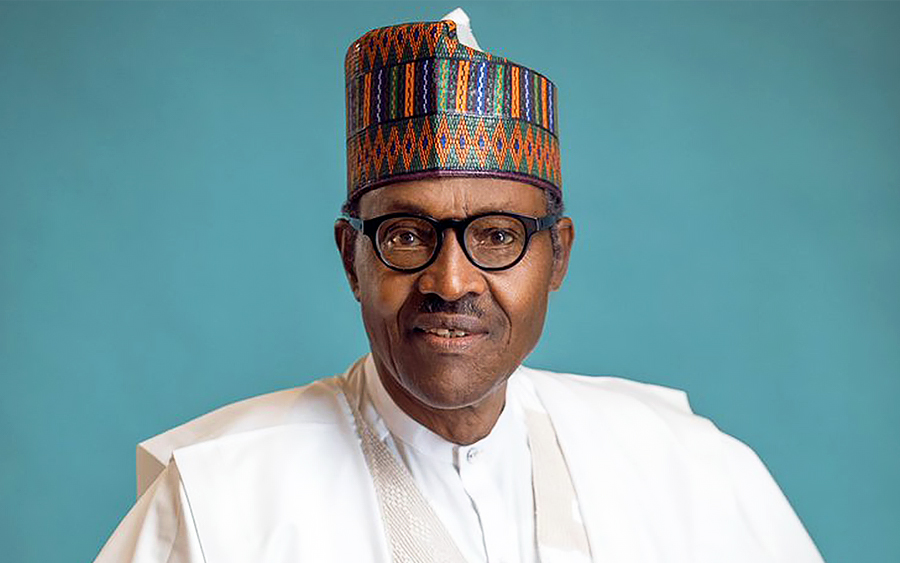The presidency on Thursday outlined its plans to move the country forward after it exits the present COVID-19 pandemic, highlighting actions in the areas of the economy, healthcare, jobs creation, among others.
A statement issued by Femi Adesina, Special Adviser to the President (Media and Publicity) in Abuja noted the global anxiety on what the future holds for humanity post-COVID-19, particularly in respect of the economy, healthcare, job security, and general wellbeing.
It observed that naturally, Nigerians “are not immune from the disquietude, as they belong to the global community.”
The statement gave a checklist of some measures that it said President Muhammadu Buhari has taken, and will further take, to make life abundant for Nigerians, saying: “This should assuage some apprehensions.”
It noted that an economic team, headed by the Minister of Finance, Budget and National Planning has been set up to examine the impact of Covid-19 on the economy;
Economic Sustainability Committee headed by the Vice President is also in place to define a post-COVID-19 economy for Nigeria and that a task force has been set up on the free movement of farm produce headed by the Minister of Agriculture and Rural Development.
The statement added that plans are afoot to tackle weak health systems and infrastructure through the establishment of standard laboratories, intensive care units, and isolation centres in all states of the federation.
It further stated that the health infrastructure will eventually be recalibrated for the good of the people, and in readiness for future emergencies.
The statement added: “As long term measure, emphasis will be placed on integrating local content in proven researches in the cure, and production of materials in the health sector.
“A Fiscal Sustainability Plan to complement the suite of monetary and banking interventions recently announced by the Central Bank of Nigeria.”
Added to these, it said are “a mass agricultural programme to be put in place, major rural road construction programme, mass housing programme, large scale installation of residential solar systems, utilizing mainly local materials and expansion of the Social Investment Programme.”
Others are the revision of the 2020-2022 Medium Term Expenditure Framework and the Budget 2020 assumptions and targets, the prioritization of time-sensitive expenditures over less critical spending while extant financial controls are to be strengthened to detect, eliminate and sanction instances of waste, funds misappropriation and corruption.

